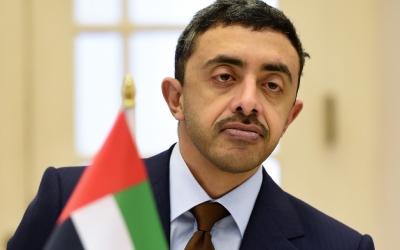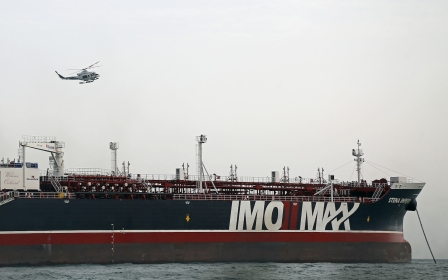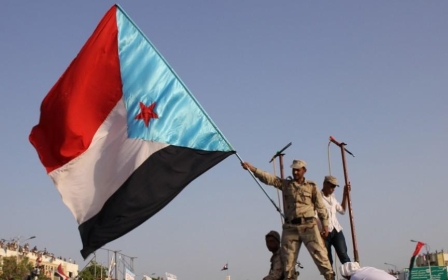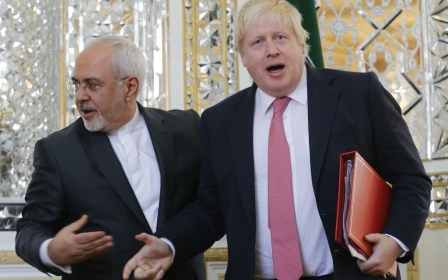Iran and UAE to hold stalled maritime security talks: Iranian media
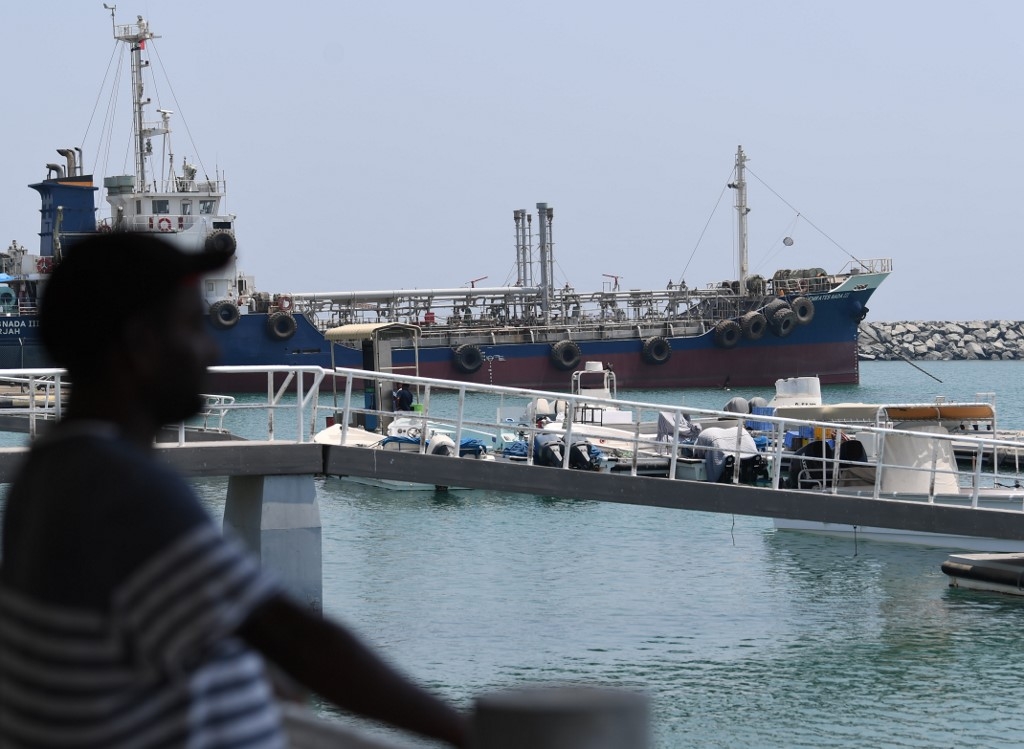
Iran will revive maritime security talks with the United Arab Emirates amid worsening frictions between the two countries, Iranian media reports.
The talks had been off since 2013, but the semi-official Iranian Students News Agency (ISNA) reported that a meeting will be held on Tuesday between an Emirati coast guard delegation and Iranian officials in Tehran.
Without giving a source, ISNA said issues from shared borders, visits by citizens of each nation, illegal entries, and maritime connections would be discussed.
Officials in the UAE did not immediately respond to emailed requests by Reuters for comment.
Attacks on two Saudi tankers, a Norweigian tanker and an Emirati vessel off the UAE coast in May increased tensions between the United States, Iran and Gulf Arab states. Washington and its Sunni Arab allies blamed Iran for the attacks, but Tehran denied that.
The UAE tempered its reaction, with Emirati foreign minister Abdullah bin Zayed Al-Nahyan saying there was not enough evidence to hold any country responsible for the attacks, which happened near the Emirati port of Fujairah.
In recent weeks, the UAE has announced that it is scaling back its military presence in Yemen, where Saudi Arabia has been leading a coalition against the Iranian-aligned Houthi movement.
An Iranian official told Reuters it wants to improve relations with its regional rivals Saudi Arabia and the UAE.
"Iran has always given extreme importance to the security of the Persian Gulf and it needs cooperation among all Persian Gulf states," said an Iranian official who asked not to be named.
Washington and Tehran are in a protracted standoff over Iran's nuclear and missile programmes, and its regional influence.
Washington has imposed and tightened sanctions on Iran's oil exports after President Donald Trump pulled out of Iran's 2015 deal with major powers, under which Tehran got access to world trade in return for curbs on its nuclear programme.
Tehran has repeatedly warned it would block exports through the waterway if the United States tried to strangle its economy.
Middle East Eye propose une couverture et une analyse indépendantes et incomparables du Moyen-Orient, de l’Afrique du Nord et d’autres régions du monde. Pour en savoir plus sur la reprise de ce contenu et les frais qui s’appliquent, veuillez remplir ce formulaire [en anglais]. Pour en savoir plus sur MEE, cliquez ici [en anglais].


